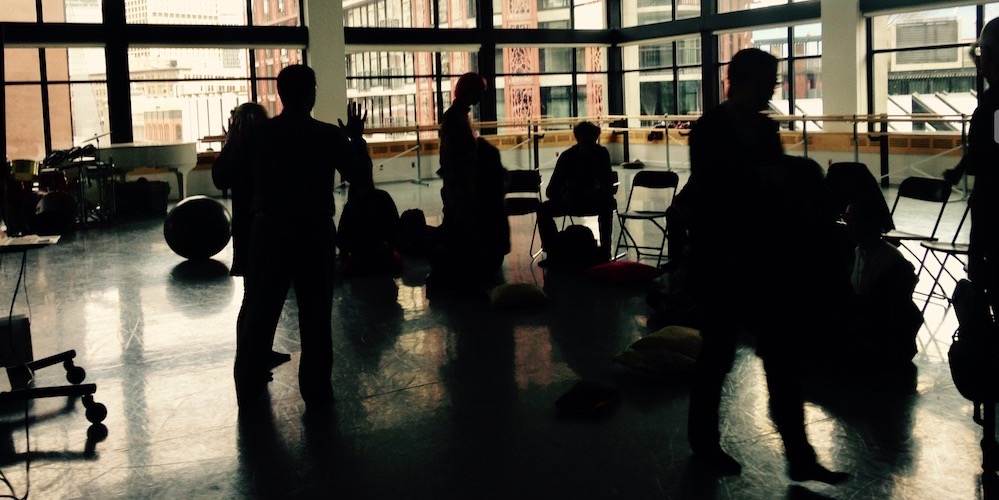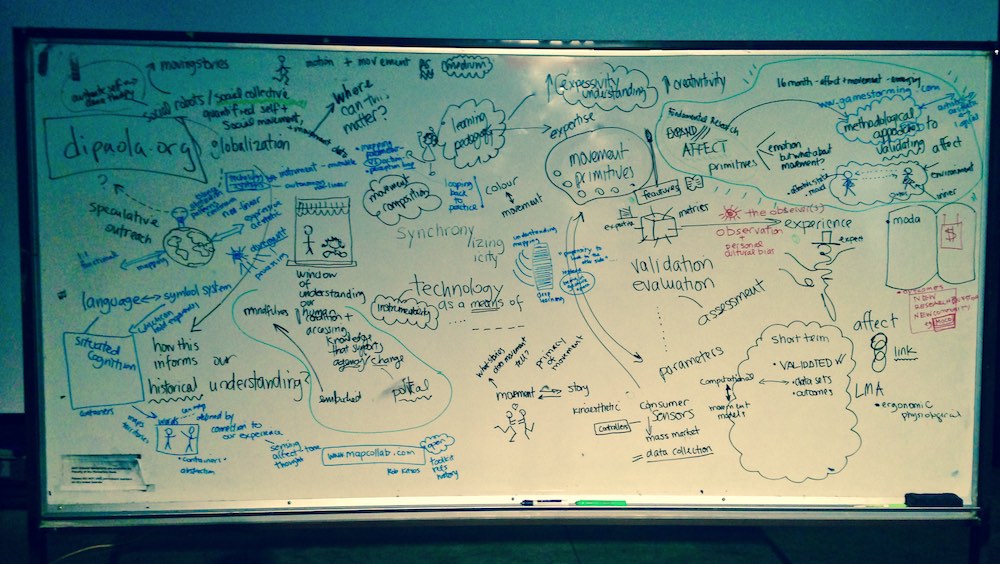Our article on the dissociable effects of practice variability on learning motor and timing skills has been published in PLoS ONE on March 2018. The article is open access and available here:
https://doi.org/10.1371/journal.pone.0193580
The dataset used in the article is also available online (under the Creative Commons Attribution-NoDerivatives licence):
https://doi.org/10.5281/zenodo.1144953
Abstract: Motor skill acquisition inherently depends on the way one practices the motor task. The amount of motor task variability during practice has been shown to foster transfer of the learned skill to other similar motor tasks. In addition, variability in a learning schedule, in which a task and its variations are interweaved during practice, has been shown to help the transfer of learning in motor skill acquisition. However, there is little evidence on how motor task variations and variability schedules during practice act on the acquisition of complex motor skills such as music performance, in which a performer learns both the right movements (motor skill) and the right time to perform them (timing skill). This study investigated the impact of rate (tempo) variability and the schedule of tempo change during practice on timing and motor skill acquisition. Complete novices, with no musical training, practiced a simple musical sequence on a piano keyboard at different rates. Each novice was assigned to one of four learning conditions designed to manipulate the amount of tempo variability across trials (large or small tempo set) and the schedule of tempo change (randomized or non-randomized order) during practice. At test, the novices performed the same musical sequence at a familiar tempo and at novel tempi (testing tempo transfer), as well as two novel (but related) sequences at a familiar tempo (testing spatial transfer). We found that practice conditions had little effect on learning and transfer performance of timing skill. Interestingly, practice conditions influenced motor skill learning (reduction of movement variability): lower temporal variability during practice facilitated transfer to new tempi and new sequences; non-randomized learning schedule improved transfer to new tempi and new sequences. Tempo (rate) and the sequence difficulty (spatial manipulation) affected performance variability in both timing and movement. These findings suggest that there is a dissociable effect of practice variability on learning complex skills that involve both motor and timing constraints.





